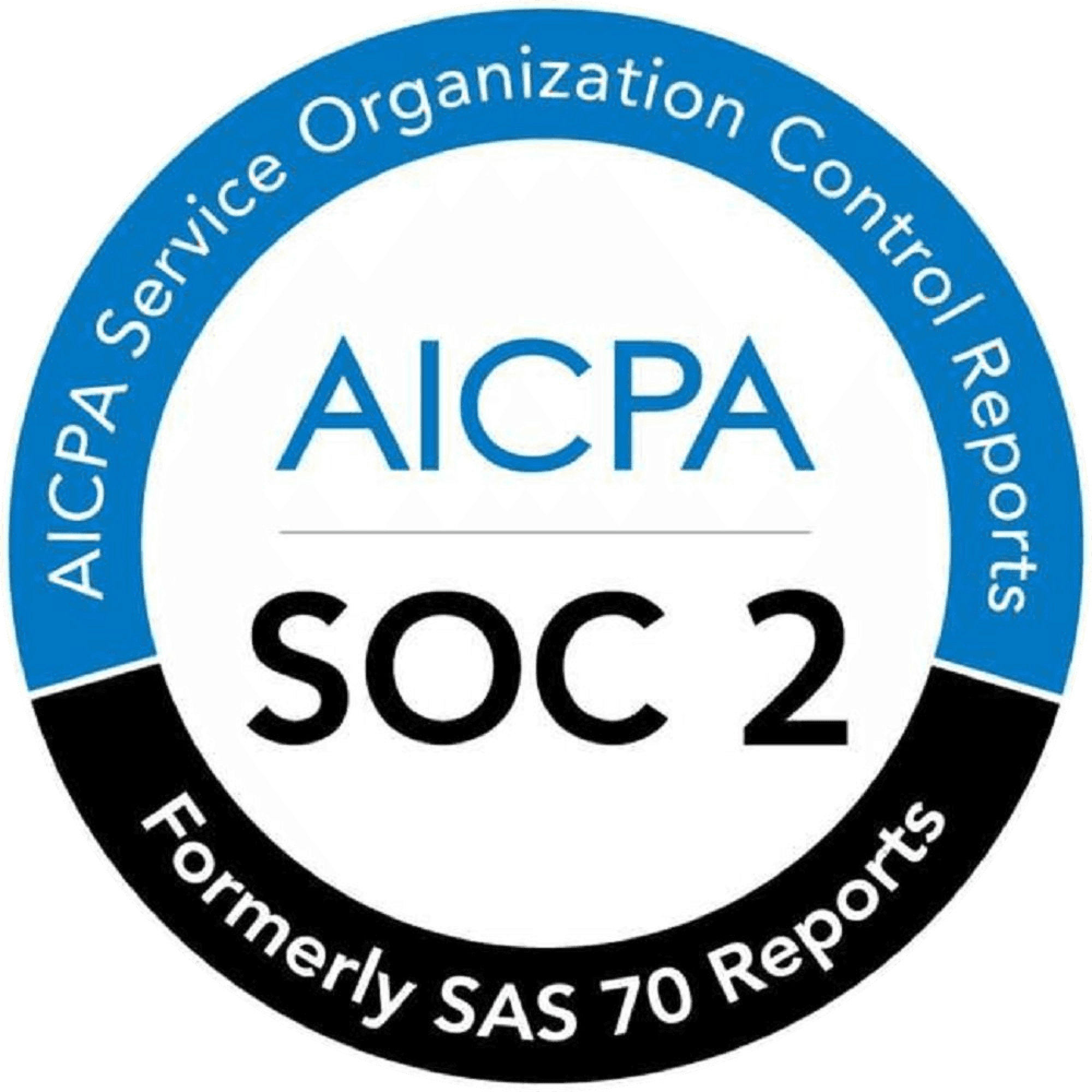AI Code Review
Feb 3, 2025
5 Reasons to Use AI in Code Review Process

Sonali Sood
Founding GTM, CodeAnt AI
Ensuring efficient and accurate code reviews has never been more important. Surprisingly, by integrating artificial intelligence (AI) into these review processes can significantly reduce human error and improve productivity. By blending technology with human insight, AI not only streamlines operations but also maintains high coding standards throughout projects.
Increased Efficiency in Code Review
Artificial intelligence (AI) is revolutionizing software development processes, especially within code review. By using AI, development teams can quickly identify and address issues, ultimately enhancing code quality and productivity.
Automated Code Scanning
AI-powered tools, like those discussed in Codacy's blog, can perform automated scans of code to uncover error patterns. Acting as an initial filter, these tools pinpoint syntax errors, potential bugs, or vulnerabilities and suggest optimizations. This approach allows teams to focus on more complex problems that truly require human insight.
Error Detection: AI tools are adept at identifying mistakes related to syntax, logic, performance, and security.
Optimization Suggestions: These tools also offer optimization suggestions, potentially improving code performance and maintenance before human review.
Minimization of Human Intervention: By flagging issues early, automated scanning reduces the need for constant human oversight in the early stages of review.
Reduction in Human Error
Incorporating AI in code reviews leads to a noticeable reduction in human error. Routine reviews managed by AI significantly diminish common oversights present in manual processes.
Consistency in Reviews: AI tools ensure a consistent review approach, eliminating discrepancies from subjective human evaluations.
Critical Thinking Focus: With AI managing routine checks, human reviewers can devote their abilities to solving complex, high-impact problems requiring a deeper understanding.
Reduces Fatigue-related Errors: Removing monotonous tasks from manual reviews helps prevent reviewer fatigue, keeping human attention sharp during inspections.
Continuous Integration
The role of AI in Continuous Integration/Continuous Deployment (CI/CD) pipelines is pivotal for maintaining code quality as development progresses. This integration ensures that every code submission undergoes a thorough review before merging, identifying issues early in the cycle.
Smooth CI/CD Integration: AI tools easily integrate with existing CI/CD systems, automatically reviewing and verifying changes to uphold standards.
Real-time Feedback: Developers swiftly receive feedback, enabling immediate adjustments to code submissions.
Scalability and Efficiency: Automation scales operations efficiently, managing extensive code changes without sacrificing review quality.
Though specific sources on CI/CD pipeline integration are not readily available, platforms following CI/CD best practices often demonstrate these methodologies.
Consistency and Standardization
AI is crucial in achieving consistency and standardization in code reviews. Maintaining uniformity across teams and projects is vital to preserve a unified vision and high-quality standards. AI-driven code review systems help eliminate discrepancies and subjective biases that can occur in human reviews.
Unified Code Standards
AI enforces consistent coding standards across various environments, ensuring homogeneity in practices regardless of the developer or team. This uniform adherence streamlines onboarding processes and reduces variations in coding styles.
Automated Standard Checks: Programmed to check against standards, AI tools provide immediate feedback when violations occur.
Reducing Code Discrepancies: By adhering to a unified style, AI diminishes discrepancies stemming from manual, preference-driven reviews.
Streamlined Code Integration: When dispersed teams follow uniform standards, integrating code becomes smoother and error-free.
You can explore more about AI enforcing code standards on the [CodeAnt AI Blog].
Consistent Quality Assurance
AI's role in quality assurance solidifies consistent review standards, ensuring no critical code aspects are neglected.
Automated Review Protocols: AI establishes workflows aligning each code review with strict guidelines.
Holistic Analysis: AI systems assess overall code quality, identifying potential issues not visible in segmented reviews.
Minimizing Human Error: By standardizing reviews, AI reduces human errors and bias during evaluations.
Iterative Feedback: AI evolves with past reviews to enhance feedback mechanisms, aiding developers in persistently improving code quality.
AI-driven methods maintain consistent quality without extensive manual processes. Further insights are available on AI's impact on code quality assurance.
Enhanced Security Detection
AI tools significantly enhance security detection by efficiently identifying vulnerabilities, outpacing traditional methods over multiple programming languages.
Proactive Security Identification
AI brings a proactive approach to security, predicting vulnerabilities during software development through pattern recognition and comprehensive data analysis. For example, AI tools like the Snyk Platform use historical data and recognize patterns to locate codebase "hotspots" susceptible to flaws. Machine learning models, trained with vast vulnerability datasets, identify unseen patterns. By not only reacting to known issues but also predicting new weaknesses, AI serves an indispensable role in managing security for ever-evolving software libraries and frameworks.
Pattern Recognition: AI detects potential issues early using pattern analysis.
Data Analysis: By leveraging historical bug data, AI predicts and suggests preventative measures.
Targeted Mitigation: Developers focus on specific sections for security risks.
Learn more about AI-driven security measures through CodeAnt AI’s Blog.
Real-time Security Updates
Cyber-threats continue evolving, and AI must evolve with them. Offering real-time updates, AI systems remain current on latest vulnerabilities and threat landscapes without constant manual adjustments.
Adaptive Learning: AI adjusts to emerging threats through perpetual, real-time threat detection and adaptation.
Zero-Day Threat Detection: Capable of tackling unknown, newly arisen threats independently.
This approach is vital against sophisticated cyber threats. Dive deeper into AI's cybersecurity benefits with AI in Cybersecurity by Towards Data Science.
Cross-Language Support Coverage
Dealing with different programming languages poses challenges in security. AI excels in addressing cross-language threats, scanning diverse codebases comprehensively.
Extensive knowledge and ability to interpret languages allow it to detect common vulnerabilities across various platforms, scanning diverse codebases comprehensively.
Multi-Language Support: AI manages vulnerabilities across multiple languages, enhancing the security framework.
Unified Threat Detection: Provides consistent evaluations inclusive of language differences.
In dynamic, hybrid environments, AI's approach to cross-language security is crucial. Learn more on AI in cybersecurity at CSO Online.
Scalability in Team Operations
AI is transforming team operations, adjusting by offering scalability and adaptability. This scalability ensures organizations remain efficient and competitive, adjusting operations based on immediate requirements without manual modifications.
Handling Increased Code Volume
Teams in software development face managing vast codebases as a substantial challenge. AI handles extensive data volumes efficiently, alleviating the load on human capabilities.
Efficient Code Management: AI rapidly analyzes and comprehends large code sets faster than humans.
Automated Code Optimization: AI enhances performance by optimizing code, reducing bugs.
Smooth CI/CD Pipelines: AI's machine learning algorithms predict potential issues before they escalate.
Flexible Scalability
Enterprise Solutions: AI manages extensive data, allowing seamless handling of major operational needs.
Startups Adaptability: AI facilitates growth by dynamically scaling operations.
Infrastructure Management: AI predicts resource demands, efficiently managing IT infrastructure.
Cost Efficiency: By scaling operations as needed, AI reduces unnecessary resource costs.
Find more details on AI's scalability in enterprises on Forbes.
Cost-effectiveness of AI Implementation
Companies recognize the financial benefits of AI in code reviews, as they minimize traditional manual labor costs and elevate review efficiency.
Reducing Resource Allocation
Automating Repetitive Tasks: AI handles mundane tasks like syntax error detection efficiently.
Minimizing Human Error: AI's automation allows human errors, beneficial for complex projects needing detailed attention.
Freeing Human Resources: AI's automation allows developers to address complex, strategic software work.
Cost-effective Scaling: AI allows an equivalent human team expansion, saving resources.
Long-term Savings
AI implementation yields substantial long-term savings on recruitment and training costs.
Reducing Recruitment and Training Expenses: AI integration decreases the need for large review teams, minimizing hiring and training needs.
Cost of Maintenance: AI maintenance, while ongoing, is less intensive than maintaining large human teams.
Scalability Gains: As projects broaden, AI scales cost-effectively compared to human team expansion.
Enhancing Productivity: Quick identification and correction of errors with AI boosts overall productivity.
For deeper insight into AI's financial impact on software development explore further.
Conclusion
In conclusion, AI's financial impact on software development is significant. AI streamlines code review processes through automated scanning and error reduction, integrates seamlessly within CI/CD pipelines for upholding code quality, standardizes practices, and boosts security across varied languages. As organizations grow, AI manages for scalable operations effectively, providing cost savings by reducing both resource allocation and long-term expenses.
Interested in revolutionizing your code review process? Explore how CodeAnt AI enhances code quality and security across 30+ programming languages by visiting CodeAnt AI today.














